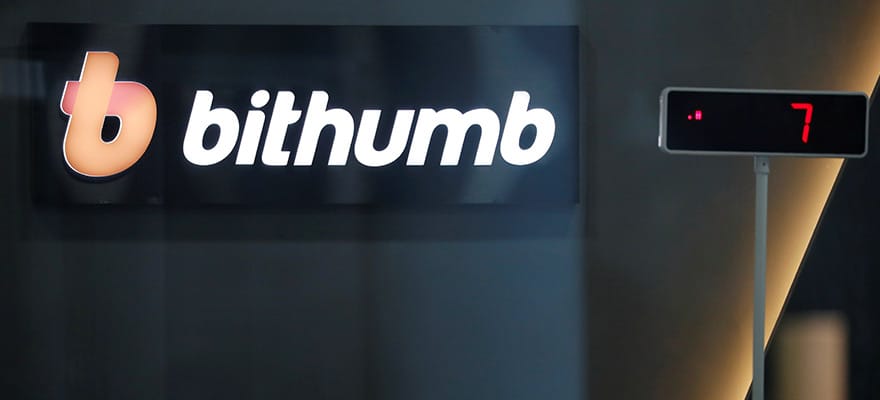South Korean crypto exchange Bithumb has launched the open beta version of its global digital asset Trading Platform in 15 jurisdictions including the UK, Canada, Australia, and Japan.
The new exchange is operated by Bithumb Global, which also oversees other platforms including the decentralized crypto trading platform Bithumb DEX and the over-the-counter (OTC) desk focussed to institutional clients.
#BithumbGlobal is ✨officially launched✨ today! On this occasion, we will give triple rewards to thank our users for your unwavering support and loyalty. ? For more details?https://t.co/C9gKLdOCRM pic.twitter.com/Gh6CGeohTy
— Bithumb Global (@Bithumb_Global) May 14, 2019
In the beta phase, the platform is allowing the users to trade perpetual futures contracts with test money. According to the company, this will reduce risks for the users gaining trading experience and make them aware of the futures platform.
Perpetual contracts work similarly to futures contracts. However, there is no expiry, and settlement occurs daily, allowing traders to withdraw their profits on a daily basis. In addition, these instruments on the exchange come with a leverage level of 1:100.
Commenting on the development, a representative of the exchange said: “We are expanding into U.K., Canada, Australia, Japan, Hong Kong, and 10 additional jurisdictions. Our service will include cryptocurrency exchanges, security token offerings, Blockchain based project incubation, and ultimately culminating into a technology-driven techfin, financial service institution.”
Moreover, as a promotional offer, the platform is offering $90 worth BUSD to all the customers completing KYC processes.
Ambitious plans to go global
Bithumb is South Korea’s largest crypto exchange handling millions worth digital currency trades every day. Last month, its parent company received $200 million in funding from Japan’s ST Blockchain Fund, which were to be used in its global expansion.
However, the Korean giant reported a loss of $180 million earlier this year despite a 17.5 percent increase in its sales.
The exchange also attracted some bad press recently as it was hacked for the third time in March, resulting in an estimated loss of around $19 million.

















